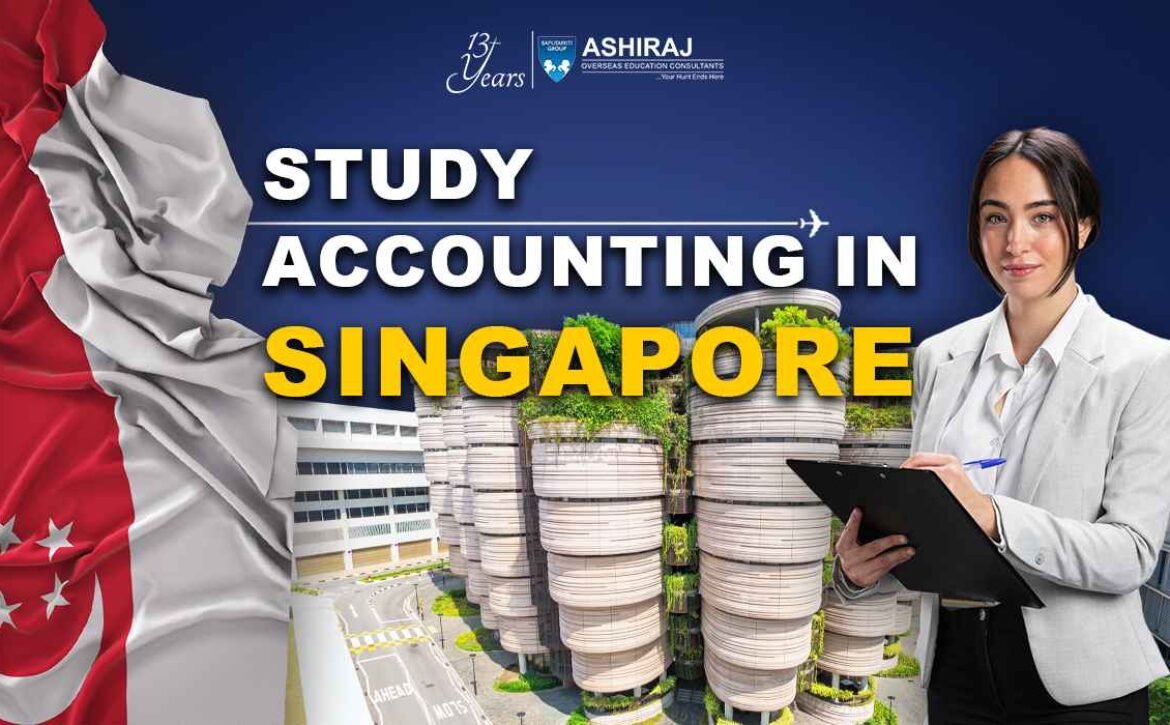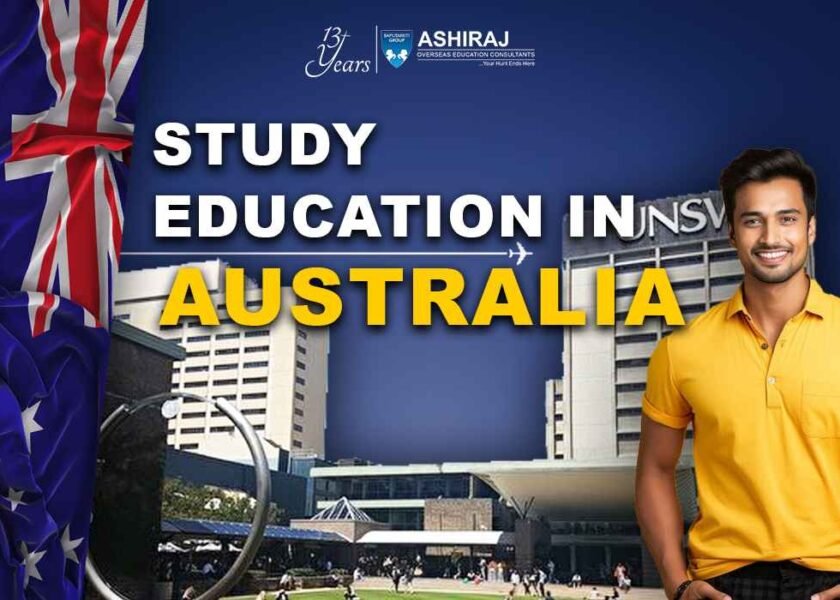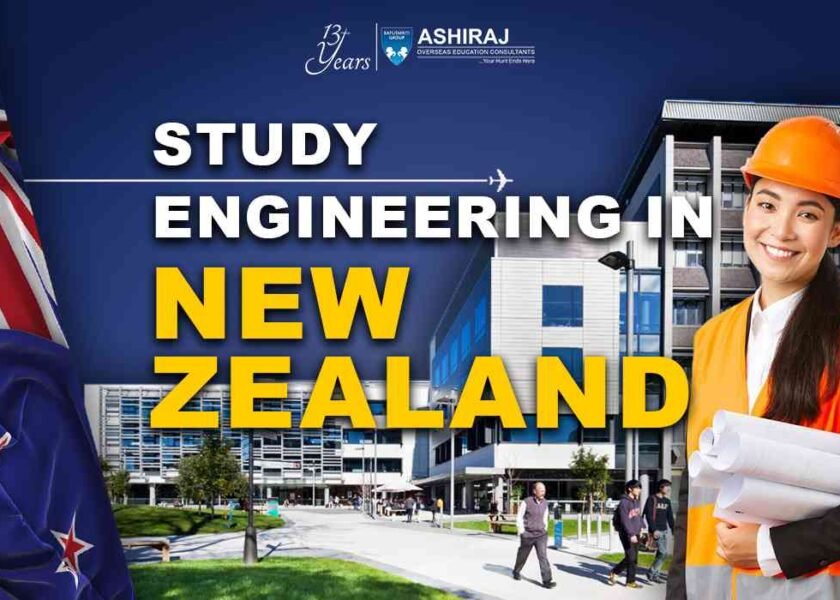
Accounting in Singapore
In Singapore, accounting serves as a cornerstone of its robust financial infrastructure, facilitating transparency and accountability in business operations. With a reputation for stringent regulatory standards and a commitment to international best practices, accounting in Singapore epitomizes efficiency and reliability. The city-state’s dynamic economy, characterized by its diverse industries and global connectivity, necessitates a sophisticated accounting framework to support its growth trajectory.
Accounting in Singapore encompasses a comprehensive range of services, including auditing, tax compliance, and financial reporting, tailored to meet the needs of multinational corporations, SMEs, and individual entrepreneurs alike. Leveraging advanced technologies and a skilled workforce, Singapore’s accounting sector continues to evolve, embracing digitization and automation to streamline processes and enhance accuracy. As a pivotal hub for regional and international business, Singapore upholds the highest standards of integrity and professionalism in its accounting practices, underscoring its position as a trusted financial center in the global arena.
Why to Study Accounting in Singapore?
- Global Financial Hub: Singapore is a renowned global financial hub, providing exposure to diverse industries and multinational corporations, offering ample opportunities for accounting professionals to thrive.
- High-Quality Education: Universities in Singapore offer high-quality accounting programs accredited by international bodies, ensuring rigorous academic standards and relevance to industry needs.
- Internship Opportunities: Students studying accounting in Singapore have access to internship opportunities with leading companies, gaining practical experience and industry exposure.
- Cultural Diversity: Singapore’s multicultural environment fosters collaboration and cross-cultural understanding, enriching the educational experience for international students pursuing accounting studies.
- Networking Opportunities: Studying accounting in Singapore allows students to network with industry professionals, alumni, and peers, facilitating career advancement and professional development.
- Innovation and Technology: Singapore embraces innovation and technology in accounting practices, providing students with exposure to cutting-edge tools and methodologies.
- Strong Regulatory Framework: Singapore’s robust regulatory framework ensures transparency, accountability, and adherence to international accounting standards, preparing students for global careers.
- Career Prospects: Graduates of accounting programs in Singapore enjoy promising career prospects, with opportunities in diverse sectors such as finance, consulting, auditing, and taxation.
- Scholarship Opportunities: Many universities in Singapore offer scholarships and financial aid to international students studying accounting, easing the financial burden and enhancing accessibility to education.
- Quality of Life: Singapore offers a high quality of life, with excellent infrastructure, healthcare, safety, and a vibrant cultural scene, making it an attractive destination for studying accounting.
Studying accounting in Singapore provides students with a unique blend of academic excellence, industry exposure, and cultural enrichment, laying the foundation for a successful and fulfilling career in the dynamic field of accounting.
Top Universities to Study Accounting in Singapore
University | QS World University Ranking 2023 | Type of University | Average Annual Fees (SGD) | Programs Offered |
National University of Singapore (NUS) | 11 | Public | $28,000 – $38,000 | – Bachelor of Business Administration (Accountancy) – Master of Science in Accounting (MSc) – Master of Business Administration (MBA) with Accounting Specialization |
Nanyang Technological University (NTU) | 13 | Public | $25,000 – $35,000 | – Bachelor of Accountancy (Honours) – Master of Science in Accountancy (MSc) – Master of Business Administration (MBA) with Accounting Specialization |
Singapore Management University (SMU) | 46 | Private | $30,000 – $40,000 | – Bachelor of Accountancy (BAcc) – Master of Professional Accounting (MPA) – Master of Science in Accounting (MSc) |
Singapore University of Social Sciences (SUSS) | 101-150 | Public | $20,000 – $30,000 | – Bachelor of Accountancy (BAcc) – Master of Professional Accounting (MPAcc) – Graduate Diploma in Professional Accounting |
SIM Global Education (SIM GE) | Not Ranked | Private | $15,000 – $25,000 | – Bachelor of Accountancy (Honours) – Master of Science in Accounting (MSc) – Graduate Diploma in Accountancy (GDA) |
Accounting in Singapore is a competitive field, and choosing the right university can significantly impact one’s career trajectory. Here’s a curated list of the top universities in Singapore for accounting, along with their QS World University Rankings for 2023, average annual fees, and programs offered. Whether pursuing undergraduate or postgraduate studies, these institutions offer comprehensive curricula designed to equip students with the necessary skills and knowledge to excel in the accounting profession.
Course Curriculum for Accounting in Singapore
- Core Accounting Principles: Courses typically cover fundamental concepts such as financial accounting, managerial accounting, auditing, and taxation, providing students with a strong foundation in accounting principles.
- Financial Reporting Standards: Emphasis is placed on understanding and applying Singapore Financial Reporting Standards (SFRS) and International Financial Reporting Standards (IFRS) to prepare accurate and compliant financial statements.
- Taxation Laws and Practices: Students learn about Singapore’s tax regulations, including income tax, goods and services tax (GST), and corporate tax, along with strategies for tax planning and compliance.
- Business Law and Ethics: The curriculum includes modules on business law, corporate governance, and ethical considerations in accounting practice to instill integrity and professionalism in future accountants.
- Information Technology Integration: Recognizing the importance of technology in modern accounting, programs often incorporate courses on accounting information systems, data analytics, and software applications like SAP and QuickBooks.
- Professional Development: Students are exposed to industry-specific challenges and developments through case studies, guest lectures, and internships, preparing them for successful careers in accounting in Singapore.
- Specialization Options: Some programs offer opportunities for specialization in areas such as forensic accounting, financial analysis, or corporate finance, allowing students to tailor their studies to their career interests and goals.
Accounting in Singapore is characterized by a comprehensive curriculum that equips students with the knowledge and skills required to excel in the dynamic field of accounting. From core principles to specialized areas of study, the course offerings emphasize practical application, ethical conduct, and proficiency in Singapore’s regulatory framework, preparing graduates for successful careers in various sectors of the economy.
Eligibility Criteria & Admission Requirements for MS in Accounting in Singapore
- Language Proficiency:
IELTS or TOEFL Scores: Applicants must demonstrate proficiency in English by submitting either IELTS scores of at least 6.5 or TOEFL scores of at least 90 (Internet-based).
- Standardized Tests:
GRE or GMAT Scores: Many universities may require applicants to submit GRE or GMAT scores. While there is no specific cutoff, competitive scores are generally expected.
- Passport & Student Visa: International students need a valid passport and student visa to study in Singapore.
- Academic Certificates: Applicants should provide academic transcripts and certificates, demonstrating completion of a relevant undergraduate degree or equivalent qualificatio.
- Work Experience:
Relevant work experience in accounting or related fields may be advantageous for some programs but is not always a strict requirement.
Test | Minimum Score |
IELTS | 6.5 |
TOEFL | 90 |
GRE | Competitive |
GMAT | Competitive |
Accounting in Singapore attracts applicants from diverse academic and professional backgrounds. To ensure eligibility for programs, prospective students should meet the specified language proficiency requirements, provide necessary academic documentation, and, if required, submit competitive scores in standardized tests like GRE or GMAT. Additionally, international applicants must obtain the appropriate passport, student visa, and fulfill any relevant work experience criteria.
Documents Required for Studying Accounting in Singapore
- Passport: A valid passport is essential for international students seeking admission to accounting programs in Singapore.
- Letters of Recommendation (LOR): Typically, two letters of recommendation from academic or professional references are required to support the applicant’s candidacy.
- Statement of Purpose (SOP): Applicants must submit a well-crafted SOP outlining their academic background, career aspirations, and reasons for choosing a particular accounting program in Singapore.
- Curriculum Vitae (CV): A comprehensive CV detailing the applicant’s educational qualifications, work experience, achievements, and extracurricular activities is necessary.
- Official High School Transcripts: Transcripts reflecting the applicant’s academic performance in high school or equivalent level of education are required.
- Educational Certificates: Copies of educational certificates, including degrees or diplomas earned, must be submitted as part of the application package.
- Work Experience Certificate: If applicable, a certificate verifying relevant work experience in accounting or related fields should be included.
- Proof of Financial Resources: Applicants need to demonstrate sufficient financial resources to cover tuition fees, living expenses, and other associated costs during their studies in Singapore.
Ensuring the timely submission of these documents is crucial for a smooth application process for accounting programs in Singapore. Accounting in Singapore offers a wealth of opportunities for students, but adherence to documentation requirements is paramount for admission consideration.
Admission Process for Accounting in Singapore
- Research Institutions: Begin by researching universities in Singapore offering accounting programs to identify institutions that align with your academic and career goals.
- Check Eligibility: Review the eligibility criteria for each program, including academic requirements, language proficiency tests (IELTS or TOEFL), and standardized test scores (GRE or GMAT).
- Gather Documents: Collect all required documents such as passport, educational transcripts, certificates, letters of recommendation (LOR), statement of purpose (SOP), curriculum vitae (CV), work experience certificates, and proof of financial resources.
- Prepare Application: Complete the application form for your chosen universities, ensuring accuracy and completeness of information provided.
- Submit Application: Submit your application online or by mail as per the university’s instructions, paying attention to deadlines and any additional requirements.
- Pay Application Fee: Some universities may require payment of an application fee, which should be settled as part of the application process.
- Monitor Application Status: Keep track of your application status through the university’s online portal or communication channels, following up if necessary.
- Await Decision: Wait for the admission decision from the university, which may take several weeks depending on the institution and program.
- Accept Offer: Upon receiving an offer of admission, carefully review the terms and conditions before accepting the offer and confirming your enrollment.
Navigating the admission process for accounting programs in Singapore requires thorough preparation and attention to detail. By following these steps diligently, prospective students can enhance their chances of securing admission to their desired institutions. Accounting in Singapore offers a pathway to a dynamic and rewarding career, making the admission process a crucial first step towards achieving academic and professional success.
“Education is the most powerful weapon which you can use to change the world.”
Nelson Mandela
Cost of Accounting Course in Singapore
- Tuition Fees: The cost of tuition for accounting programs in Singapore varies depending on the institution, program duration, and level of study (undergraduate or postgraduate).
- Average Annual Fees: On average, annual tuition fees for accounting programs range from SGD 25,000 to SGD 40,000 for international students.
- Additional Expenses: In addition to tuition fees, students should budget for accommodation, meals, transportation, textbooks, and other living expenses.
- Accommodation Costs: Accommodation options in Singapore include university dormitories, private apartments, and homestays, with prices varying accordingly.
- Scholarship Opportunities: Many universities in Singapore offer scholarships and financial aid packages to international students based on academic merit, leadership potential, and financial need.
- Part-time Work: Some students may choose to work part-time to offset living expenses, although restrictions apply to international students on student visas.
- Health Insurance: International students are required to have health insurance coverage during their studies in Singapore, which adds to the overall cost.
- Budget Planning: Careful budget planning and financial management are essential to ensure that students can afford the cost of studying accounting in Singapore without financial strain.
Understanding the cost of studying accounting in Singapore is crucial for prospective students planning to pursue their academic aspirations in the city-state. Accounting in Singapore offers a high-quality education in a vibrant and multicultural environment, but students should be prepared to manage their finances responsibly to make the most of their educational experience.
Scholarships for Accounting Courses in Singapore
Scholarship Name | Amount | Application Deadline |
Singapore Government Scholarship | Full tuition fees + living allowance | Varies (typically March to June) |
NUS Undergraduate Scholarships | Up to SGD 15,000 per academic year | Varies (typically March to May) |
NTU Undergraduate Scholarships | Up to SGD 10,000 per academic year | Varies (typically March to May) |
SMU Undergraduate Scholarships | Up to SGD 12,000 per academic year | Varies (typically February to April) |
SUTD President’s Scholarship | Full tuition fees + living allowance | Varies (typically March to May) |
Scholarships for accounting in Singapore provide financial assistance to deserving students pursuing undergraduate or postgraduate studies in the field. These scholarships cover various expenses, including tuition fees and living allowances, allowing recipients to focus on their academic pursuits. Application deadlines for these scholarships typically fall between February and June, with each scholarship program having its specific requirements and selection criteria. Prospective students should carefully review the eligibility criteria and application procedures for each scholarship opportunity to maximize their chances of securing financial support for their studies. Accounting in Singapore offers a wealth of scholarship opportunities, empowering students to pursue their academic goals and contribute to the vibrant academic community in the city-state.
Career Opportunities After Accounting in Singapore
Job Profile | Average Salary (SGD) |
Certified Public Accountant (CPA) | 60,000 – 120,000 per annum |
Financial Analyst | 50,000 – 90,000 per annum |
Auditor | 55,000 – 100,000 per annum |
Tax Consultant | 60,000 – 110,000 per annum |
Management Accountant | 55,000 – 100,000 per annum |
Career opportunities after accounting in Singapore offer a diverse range of options for graduates, with each role providing competitive salaries and growth prospects. Certified Public Accountants (CPAs) are highly sought after, commanding salaries ranging from SGD 60,000 to SGD 120,000 per annum. Financial analysts play a crucial role in analyzing financial data and making strategic recommendations, with salaries averaging between SGD 50,000 and SGD 90,000 per annum. Auditors ensure compliance with regulatory standards and identify areas for improvement, earning salaries ranging from SGD 55,000 to SGD 100,000 per annum. Tax consultants specialize in tax planning and optimization, with salaries averaging between SGD 60,000 and SGD 110,000 per annum. Management accountants provide insights to support decision-making processes, earning salaries ranging from SGD 55,000 to SGD 100,000 per annum. Accounting in Singapore offers lucrative career paths with ample opportunities for professional growth and development.
Frequently Asked Questions About Accounting in Singapore
Entry requirements typically include a relevant undergraduate degree, language proficiency (IELTS or TOEFL), and standardized test scores (GRE or GMAT) for some programs.
Yes, many universities offer scholarships based on academic merit, leadership potential, and financial need, covering tuition fees and living expenses.
Accounting graduates in Singapore have diverse career opportunities, including roles as certified public accountants, financial analysts, auditors, tax consultants, and management accountants.
The cost of studying accounting in Singapore varies depending on the institution, program, and level of study, with average annual tuition fees ranging from SGD 25,000 to SGD 40,000 for international students.
Some top universities in Singapore offering accounting programs include the National University of Singapore (NUS), Nanyang Technological University (NTU), and Singapore Management University (SMU).
Yes, international students on student visas are allowed to work part-time during their studies, subject to certain restrictions and approval from the university.
Required documents typically include passport, educational transcripts, certificates, letters of recommendation (LOR), statement of purpose (SOP), curriculum vitae (CV), work experience certificates, and proof of financial resources.
The duration of accounting programs in Singapore varies depending on the level of study, with undergraduate programs typically taking three to four years and postgraduate programs ranging from one to two years.
Yes, many accounting programs in Singapore offer internship opportunities with local and multinational companies, providing students with valuable hands-on experience in the field.
Salary ranges for accounting professionals in Singapore vary depending on the role and level of experience, with average annual salaries ranging from SGD 50,000 to SGD 120,000.




